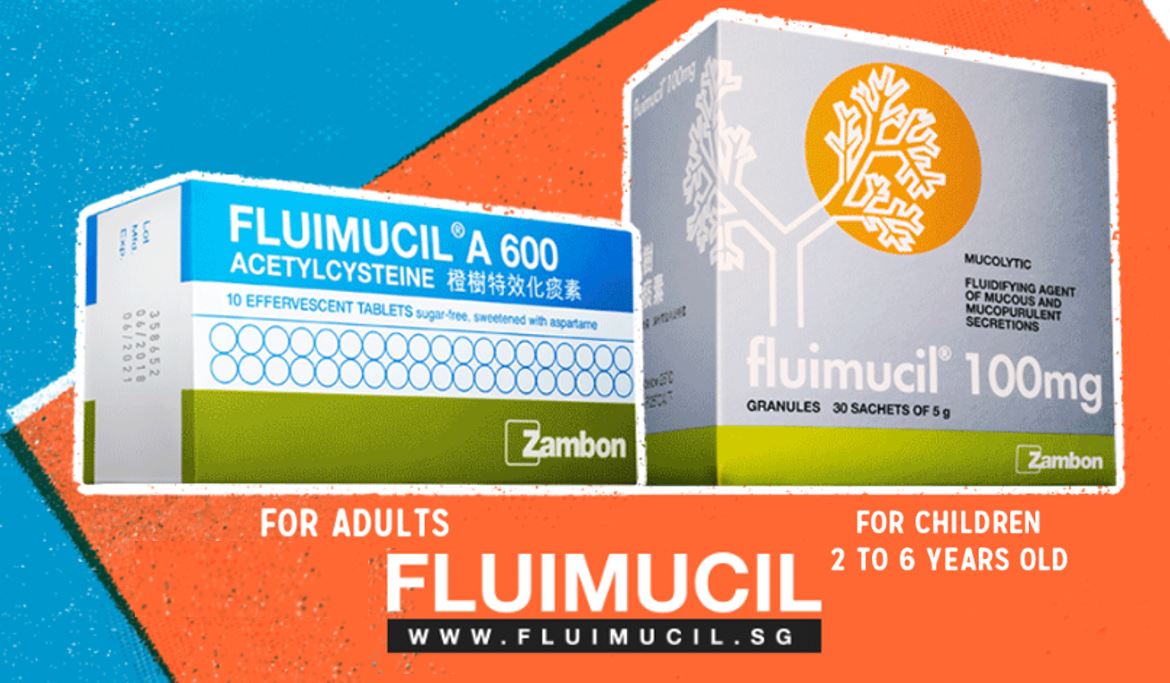
When 40 Is The New 20: How To Feel Younger And More Energised Even In Middle Age
January 5, 2017
Contrary to popular belief, testosterone is not a “male hormone”. Instead, it is an androgen — a sex-related hormone — that is produced by both men and women, although women produce only about 10 percent of the testosterone that men do. Apart from controlling the sex drive for both men and women, testosterone also has an effect on energy levels as well as muscle and bone mass. Maintaining a healthy testosterone range is vital for both men and women, especially in the midlife years.
But first, why do we experience drops in testosterone levels? Testosterone is found in our bodies in two forms – free and bound. Free testosterone accounts for about one to two percent of the total amount and is biologically active. The remaining testosterone is either bound to proteins like albumin or globulin. Albumin-bound testosterone is biologically active whereas globulin-bound testosterone is not. As men start to age, the amount of inactive testosterone increases relative to the active form, which is when symptoms such as low sex drive and loss of muscle mass start to occur. This, coupled with other symptoms such as erectile dysfunction and low moods, is a sign of andropause (also known as the male menopause).
Most women experience an actual drop in testosterone – by the time she turns 40, a woman’s body produces only about half the amount of testosterone it did at 20. This decrease in T-levels may lead to a decline in sex drive, decreased energy levels, and lower bone density.
Not to worry, it’s not all gloomy from here on out. There are plenty of ways you can game the system. Here are tips on how you can maintain your fitness and positive outlook to life … and even raise those flagging T-levels!
1. Ensure you’re getting THESE nutrients in your diet.
You are what you eat. Being conscious about your food choices can play a huge difference in your mood and energy levels. As you age, you’ll want to ensure a regular intake of the following nutrients in your diet:
- Vitamin B12 (helps maintain healthy nerve function);
- Calcium (helps maintains strong bones);
- Vitamin D (helps the body absorb calcium, maintain bone density, and prevent osteoporosis);
- Magnesium (keeps your immune system functioning well, your heart healthy, and your bones strong)
- Omega-3 fats (helps reduce the risk of Alzheimer’s disease and maintains mental alertness)

2. Keep active.
As you age, you may find yourself gravitating towards more low-impact exercises such as yoga or Pilates. That’s fine – whatever it is, don’t stop doing it. Not only does exercising regularly help keep you physically fit, it also does wonders for your mental and emotional well-being.
3. Consider speaking to a mental healthcare professional.
Speaking to a therapist is not just for those who suffer from depression or debilitating emotional problems. When faced with a life transition — such as your children leaving home or retiring from your decades-long career — it can be very helpful to speak to a mental healthcare professional who can guide you through the myriad of thoughts and emotions that may arise during this period in your life.

4. Supplement your diet.
To address the issue of decreasing testosterone levels, try complementing your diet with natural supplements. When choosing a supplement, look out for ingredients such as green oats, stinging nettle, and sea buckthorn, which are known to help improve sexual health, enhance repair of body tissues, and increase overall mood and mental alertness.
Green oats free up bound testosterone, supporting energy, vitality, strength, memory and alertness.
Stinging nettle has a positive effect on proteins that carry the sex hormones in the body, alleviating symptoms of both menopause and andropause.
Sea buckthorn fruit contains 8 vitamins, 24 minerals, 18 amino acids, organic acids and compounds for general well-being. It also helps with physical weakness, mental exhaustion, headaches and infections.



 Australia
Australia  Brunei
Brunei  Cambodia
Cambodia  Hong Kong
Hong Kong  Indonesia
Indonesia  Laos
Laos  Macau
Macau  Malaysia
Malaysia  New Zealand
New Zealand  Philippines
Philippines  Singapore
Singapore  Thailand
Thailand  Vietnam
Vietnam  Worldwide
Worldwide 
